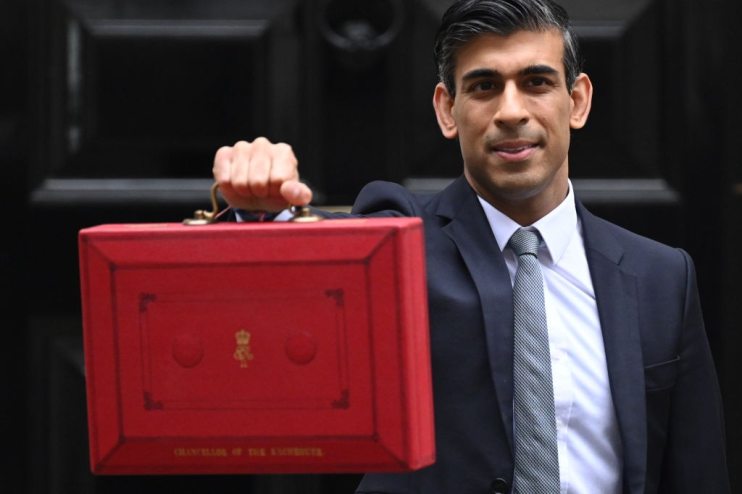Budget 2021: Government invests in road and railway, as APD for domestic flights goes down

In his Autumn Budget speech, Chancellor Rishi Sunak has set out the funding for the transport sector, focusing on road and rail improvements as well as lowering air passenger duty (APD) taxes on domestic flights.
To level up the country’s “uneven economic geography”, the Chancellor is allocating £130bn for infrastructure investments such as road, railway and communication networks.
When talking about the transport sector, Sunak has said the government will invest £21bn in roads – granting £2.6bn for local road upgrades and £5bn for maintenance.
As for railway, the government’s investments will amount to £46bn and will be finalised in the Integrated Railway Plan, which is due soon and outlines plans for rail projects such as the eastern leg of HS2 and Northern Powerhouse Rail. The Treasury will also grant £5.7bn to city regions for London-style transport networks, while buses, walking and cycling will see more than £5bn of investments.
“The Prime Minister promised an infrastructure revolution, this Budget delivers an infrastructure revolution,” he said.
To boost the aviation sector, the Chancellor that domestic flights will pay lower APD rates. “Right now people pay more for return flights between the four nations of the United Kingdom then they do when flying home from abroad,” Sunak said to explain his decision.
“This will help cut the costs of living, with 9 million passengers seeing their duty cut by half. It will bring people together across the United Kingdom.”
The lowering of APD not only will benefit travellers but it will also serve as a boost for regional airports, as they tend to have a greater proportion of domestic passengers.
“Airports are major regional employers, so to help them get through the winter I’m also extending our support for English airports for a further six months,” he said.
While domestic flights will pay less APD, flights longer than 5,500 miles will face a long-haul levy. “Less than 5 per cent of passengers will pay more, but those who fly the furthest will pay more,” Sunak added.
The Chancellor’s decision to increase APD on long-haul flights received negative reviews from airlines and travel associations.
According to Dale Keller, chief executive of the Board of Airline Representative, the increase in ADP is “another missed opportunity” for the country, while the Business Travel Association said the measure “will unfairly impact business travellers at a key point in the recovery of our economy.”
“The British public won’t be fooled into thinking that the Government is investing their APD money to reduce CO2 emissions from air travel,” Keller said.
“Airlines have committed globally to 2050 net-zero targets that require governments to develop pragmatic policies and implement tangible interventions – not resort to tinkering with blunt and regressive taxation that fails to meet the expectations of the public or support the sustainability initiatives of the industry.”